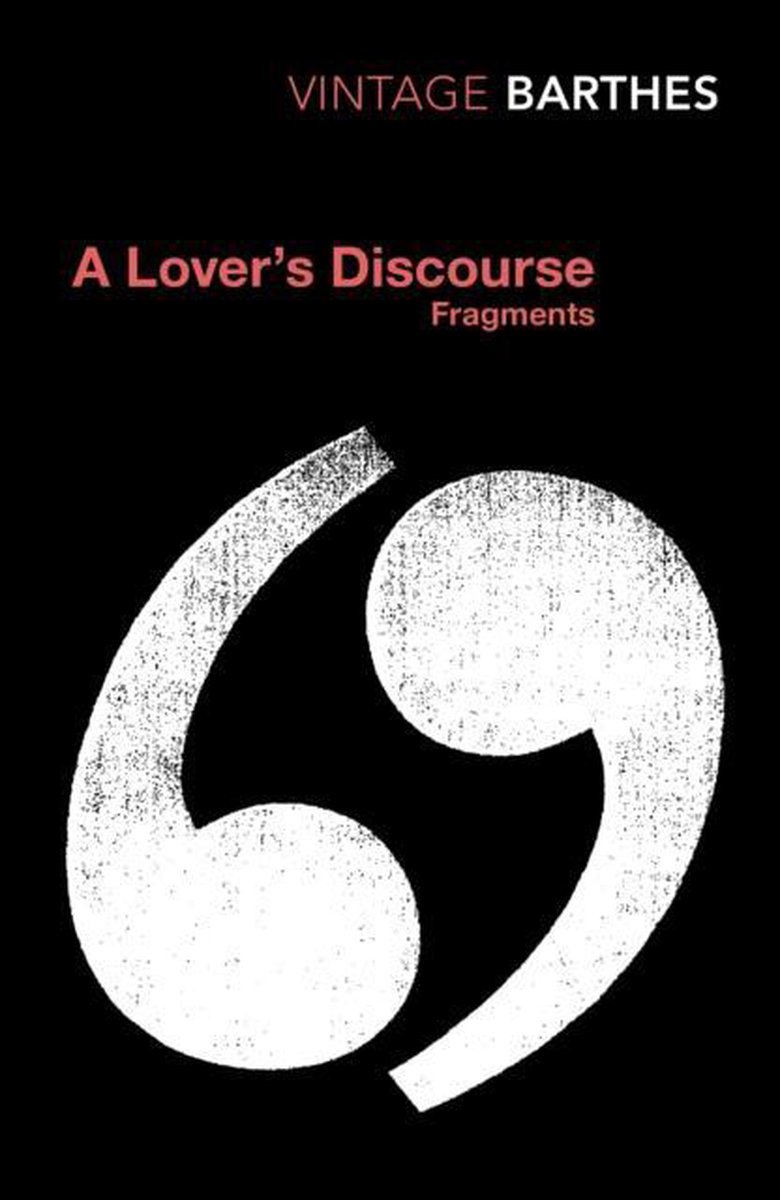

Here, the status of raw material is the key for Barthes in no sense becomes a conventional autobiographer. This is so in two books he wrote towards the end of his life: Roland Barthes by Roland Barthes, and Camera Lucida: Reflections on Photography. Barthes, however, takes them in hand and uses them as the raw material of his own writing, and even of his style. Such elementary facts of biography have often provided the psychocritic with material for explaining underlying (unconscious) aspects of the writer’s oeuvre. He died in Paris in 1980, the same year as Sartre, after having been struck by a van near the Sorbonne. Greimas, then at the Ecole des Hautes Etudes en Sciences Sociales, Barthes was appointed to the Colle`ge de France in 1977. After teaching in Romania and in Egypt, where he met A.

And it was during the periods of enforced convalescence that he read omnivorously and published his first articles on Andre´ Gide. Between 19, he suffered various bouts of tuberculosis. Before completing his later primary and secondary schooling in Paris, Barthes spent his childhood at Bayonne in south-west France. Barely a year later, his father died in naval combat in the North Sea, so that the son was brought up by the mother and, periodically, by his grandparents. Roland Barthes was born at Cherbourg in 1915.


 0 kommentar(er)
0 kommentar(er)
